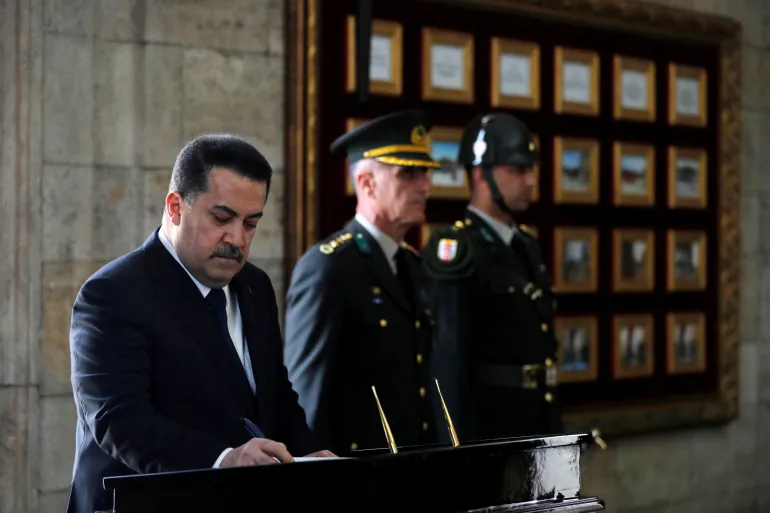In a significant move to address prison overcrowding and reform its justice system, Iraq has released more than 19,000 prisoners under a newly enacted general amnesty law. This legislation, passed in January 2025, aims to alleviate the strain on the country’s penal institutions and rectify judicial practices, particularly concerning terrorism-related convictions.
Key Provisions of the Amnesty Law
The amnesty law permits certain individuals convicted of terrorism-related offenses, including membership in the Islamic State group (ISIL), to seek retrials if they claim their confessions were obtained under duress. However, those convicted of killings associated with terrorism are excluded from eligibility. The law also encompasses nonviolent crimes such as corruption, theft, and drug offenses.
Impact on Prison Overcrowding
Iraq’s prison system has been operating at more than double its intended capacity, with approximately 65,000 inmates housed in facilities designed for about 32,500. The release of 19,381 prisoners during the first four months of 2025 is a step toward mitigating this crisis. Justice Minister Khalid Shwani has expressed intentions to reduce overcrowding to align with international standards by the end of the year.
Political and Social Implications
The enactment of the amnesty law has garnered significant support from Sunni lawmakers, who argue that their communities have been disproportionately targeted by anti-terrorism laws. The legislation’s passage was a key factor in securing Sunni backing for Prime Minister Mohammed Shia al-Sudani’s government.
International and Human Rights Perspectives
While the amnesty law aims to address systemic issues within Iraq’s justice system, it has also drawn attention from international human rights organizations. Critics have highlighted concerns over the country’s use of the death penalty and the need for transparent legal processes. The halting of executions under the new law is seen as a positive development, but ongoing monitoring and reforms are advocated to ensure lasting improvements.
Conclusion
Iraq’s implementation of the general amnesty law marks a pivotal moment in its efforts to reform the justice system and address prison overcrowding. By allowing retrials for certain convictions and releasing individuals convicted of nonviolent crimes, the country takes steps toward legal and societal rehabilitation. However, the success of these reforms will depend on continued commitment to human rights principles and the establishment of robust support systems for reintegration.
Source; Al Jazeera



